Welcome, gentle reader, to a detailed exploration of getting married to a Moroccan and marriages in Morocco which are reminiscent of the patterns in a Moroccan mosaic. Today, we shall explore the world of Moroccan marriage, where love encounters tradition and religion. Secure your imaginary caftans as we navigate the marriage maze in Morocco with our comprehensive guide for foreigners!
What makes getting married in Morocco different?
The answer lies in tradition, religion, diverse legal requirements and a process as intricate as a Moroccan couscous. In this article, we will help you understand how difficult it can be to get married in this beautiful North African country. So, relax, savour a cup of mint tea (a must for any Moroccan adventure), and let’s explore everything about saying “I do” in Morocco. Ready? Into the wild world of matrimony in Morocco!
Navigating the Moroccan Marriage Maze
Requirements for Getting Married in Morocco
Ah, the sound of ululation in Moroccan alleys! But before you envisage yourself in traditional Moroccan attire, there’s a process of paperwork and preparation. Getting married in Morocco has diverse requirements, each contributing to matrimony.
The initial step is grasping the varied requirements based on nationality, religion and location. Don’t fret; we’re here to guide you through this complicated journey.
Valid Passport
A passport is an essential document for marriage. Ensure its validity for bureaucratic processes. It should be valid for at least three months from your arrival in Morocco. Like travel stamps, it signifies your marital journey.
Birth Certificate
A certified copy of your birth certificate is required. You will also need a precise Arabic translation and the translator must be approved. Be ready for your documents to embrace Morocco’s linguistic diversity.
Certificate of No Impediment
For our non-Muslim friends, this document is your backstage pass to the Moroccan marriage stage. It’s a declaration from your embassy or consulate, confirming that no legal obstacles are blocking your marital path. It’s like ensuring the plot of your love story is free from unexpected twists.
Certificate of Conversion (if applicable)
For those men who follow paths outside of Islam, a certificate of conversion is required. Head to the mosque and find an Adoul or religious/ court notarial to obtain this certificate which must be notarised. This can take up to a week to be prepared for you, so don’t leave it til the last minute! For some men, this is a real stumbling block to marriage in Morocco, as, even though many just lie and pretend to have converted to Islam, there is no way back when you have converted and there are people who are proud of their religions or won’t lie and refuse to become Muslim. Women do not have to convert to Islam to marry a Muslim man.
Proof of Residence
Some regions may ask for proof that you’re not just passing through but have already established yourself in the area. A local background check may be the soil from which your marriage blooms.
Proof of Income (sometimes)
Money matters, even in the language of love. Depending on the region, financial documentation may be required to ensure you’re ready for the financial challenges that come with married life.
Health Certificate
In sickness and in health, they say. Prove it with a clean bill of health, ensuring that contagious diseases won’t crash your matrimonial celebration.
Parental Consent (if under 18)
If you’re taking this journey before reaching the age of majority, parental consent might be necessary to board the marriage train.
Marriage Application Form
Every love story needs paperwork, and here, it’s the marriage application form. Head to the local Adoul’s office and grab one, this will serve as the official documentation of your marriage.
Two Witnesses
Two living, breathing Muslim witnesses are required for the marriage ceremony. Ensure they have valid identification – you wouldn’t want your love story to turn into a detective novel.
Adoul (Islamic Notary)
The maestro of the Moroccan marriage symphony. A legal representative of the Ministry of Justice in Morocco officiates your union. Picture them as the conductor ensuring every note of your love song is played just right.
Before you start feeling overwhelmed, remember these requirements can vary. The most accurate guidance is in contacting the local Adoul’s office or relevant authorities in your chosen city. Seek counsel from your embassy or consulate; they can offer tailored advice based on your nationality. I have heard an official in the British Embassy in Rabat advising a young English woman who wanted to marry a Moroccan man, “Don’t do it.”!
Background Checks
- Criminal Record Check: A spotlight on your past; a life of crime is frowned upon in Morocco.
- The Adoul and Approved Translators Tango: Adoul and translators collaborate to facilitate your paperwork through the bureaucratic ballroom.
Adoul in Morocco
Adoul, the ones orchestrating behind the scenes, have a vital part in your marriage. They manage your paperwork and give you the marriage certificate, akin to a special scroll. Picking the appropriate Adoul is comparable to choosing a director for a major film. Find one who is not only knowledgeable but also patient and willing to navigate you through the complexities of the procedure.
Approved Translators for Marriage
Language workers – the approved translators. These individuals, commonly on an official list, guarantee your papers use the language of legality. It’s not merely translation, it’s presenting your papers accurately.
Caution: The rhythm might differ based on your circumstances. Your steps could be influenced by nationality, the region, and specific Adoul requirements.
Embassy Marriage Guidelines Worldwide
Embassy guidelines become guiding stars for couples of diverse nationalities. Each embassy waltzes in with unique guidelines:
- U.S. Embassy Affidavit of Nationality and Eligibility to Marry
- UK Government’s Morocco Notarial and Documentation Services
- Canadian Government’s Marriage Overseas: Information Specific to Morocco
- Belgium Government’s Getting Married Abroad or in Belgium
- Australian Government’s Moroccan Consulate Marriage Requirements
In this era of digital connectivity, embassy guidelines are just a click away. Following them is a swift and elegant process.
Step-by-Step Instructions for a Marriage in Morocco
Detailed Process
Welcome to the core of our story – the detailed process for marriage in Morocco. Here are the steps needed by a foreigner to pass safely through a traditional Moroccan marriage, with each action holding the weight of tradition, love, and bureaucratic formality.
- Get Your Background Check in Your Home Country: Begin in your home country to secure the criminal record background check.
- Make an Appointment at your Country’s Embassy: Secure an appointment well in advance at your country’s Embassy in Morocco.
- Find an Adoul and Ask for a Specific List of Documentation: Inquire about the specific documents your Adoul requires.
- Find a Translator in the City You’re Staying In: Choose from the approved list of translators for linguistic accuracy.
- Bring All Necessary Documents from Your Home Country: Gather together your birth certificate, proof of occupation, criminal record check, bank details, etc.
- Head to Rabat to Get Your Paperwork Notarized: A short trip to Rabat for essential notarization.
- Start Collecting the Rest of the Papers: Collect your local background check, residency card, passport photos, etc.
- Get Everything Translated: The translator takes center stage again, with a week-long linguistic transformation.
- Turn All the Things into the Adoul: Hand over your documents to the Adoul; brace yourself for possible back-and-forth.
- Speak to a Judge: Stand before a judge, ready for personal questions about your love story. You will be asked questions about how and when you met and possibly asked to provide messages and photos of your developing relationship.
- Adoul Drafts the Marriage Contract: The Adoul drafts the marriage contract, usually in Arabic, sometimes in French.
Receive Your Marriage Certificate: Your marriage certificate; the physical proof of your completion of the Moroccan matrimonial process.
Key Points for a Smooth Process
- Adoul and Translator Partnership: A harmonious relationship with your Adoul and translator is crucial. Choose wisely, and your dance through bureaucracy will be more graceful.
- Pre-Planning Pays Off: The key to a smooth performance is pre-planning. Preparing your documents before arriving in Morocco sets the stage for a seamless process.
- Adoul’s Role in Speeding Up the Process: Your Adoul is not just a guide; he can be the accelerator in this bureaucratic journey. His expertise can fast-track you through the paperwork.
Moroccan marriage FAQs
Let’s address the swirling questions that often accompany the dance of love:
Do You Have to Convert to Islam to Be Married in Morocco?
- Women do not need to be Muslim to marry a Moroccan man, but the same does not hold true for men marrying Moroccan women. If you’re a non-Muslim man, consider conversion or exploring unions beyond Morocco’s borders. But beware, marriages outside the country may not be legally recognized in Morocco.
What is the Duration of the Marriage Process?
The duration of the marriage process is influenced by various factors:
- Your Documents and Preparation: Pre-planning sets the stage for efficiency.
- Your Husband’s or Wife’s Work Situation: Work commitments should be taken into account.
- Process Location: Locale or destination – the choice influences the duration of the procedure.
- Divorce, Previous Marriages, and Other Factors: Past relationships can add complexity.
Anticipate several weeks for your love story to unfold fully. The process, like an elaborate choreography, takes time.
Will the Adoul Translate My Marriage Paperwork Before/After I Sign It?
- No, the Adoul won’t be your linguistic guide through the paperwork. You’ll sign the documents in Arabic, and your copy will be in Arabic. To go over the content yourself, it’s wise to hire a recognized translator. After all, clarity in your commitments is of the utmost importance.
Conclusion
Dear readers, this guide is not just a solo presentation but also a dialogue. As you navigate your matrimonial journey in Morocco or share your experiences, we welcome you to participate in the conversation. Feel free to express your thoughts and reactions, or share tales of bureaucratic experiences in the comments below. Your stories contribute to the narrative and can assist future couples in achieving wedded bliss with the minimum of stress.
Thank you for being part of this matrimony journey and may your journey through this Moroccan maze be brimming with love, understanding, and the best steps toward happily ever after.







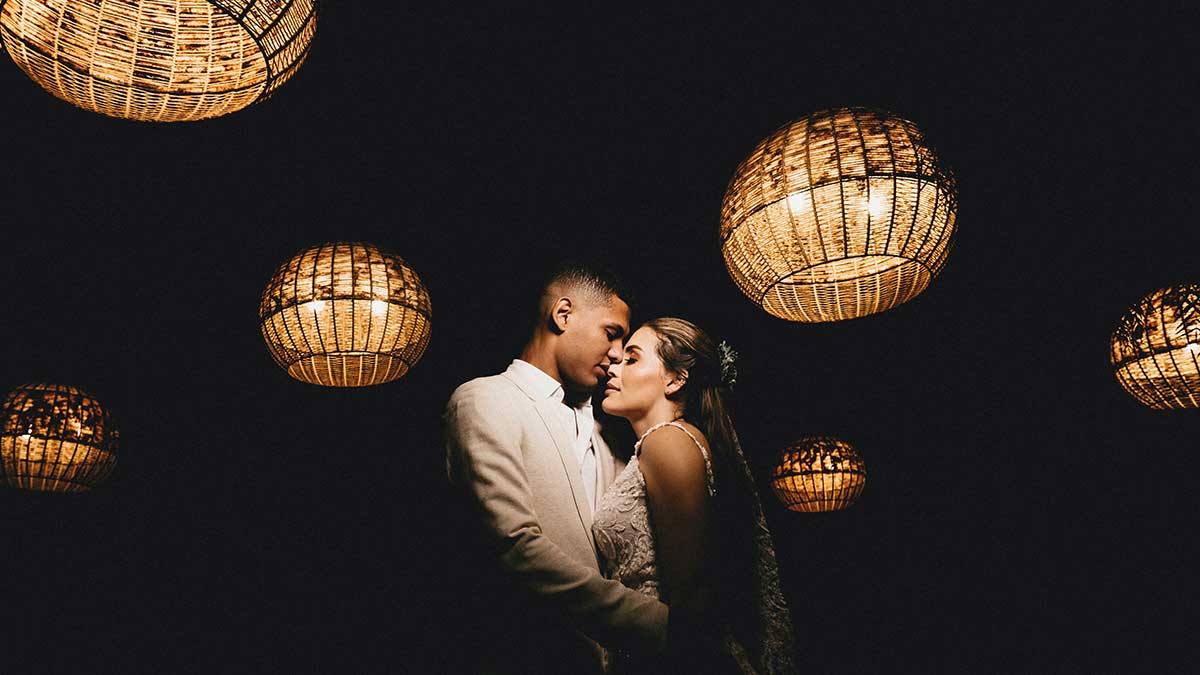
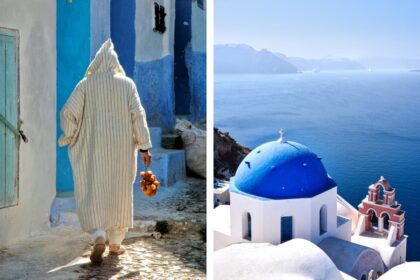

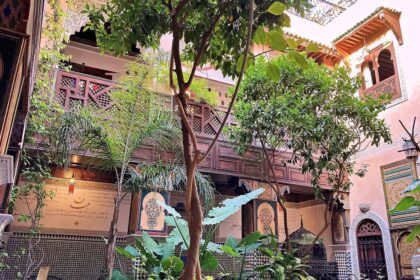
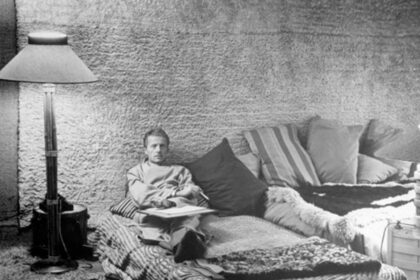
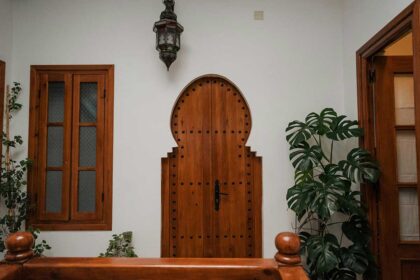
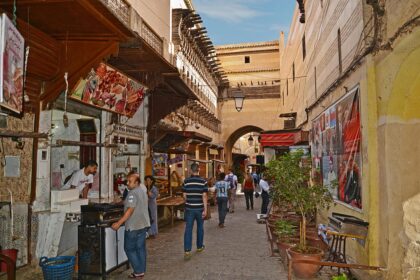
Hi still not finding the answer so here goes my sister has gone to Morocco to marry a Muslim man do she have to covert to Islam but she isn’t Muslim herself